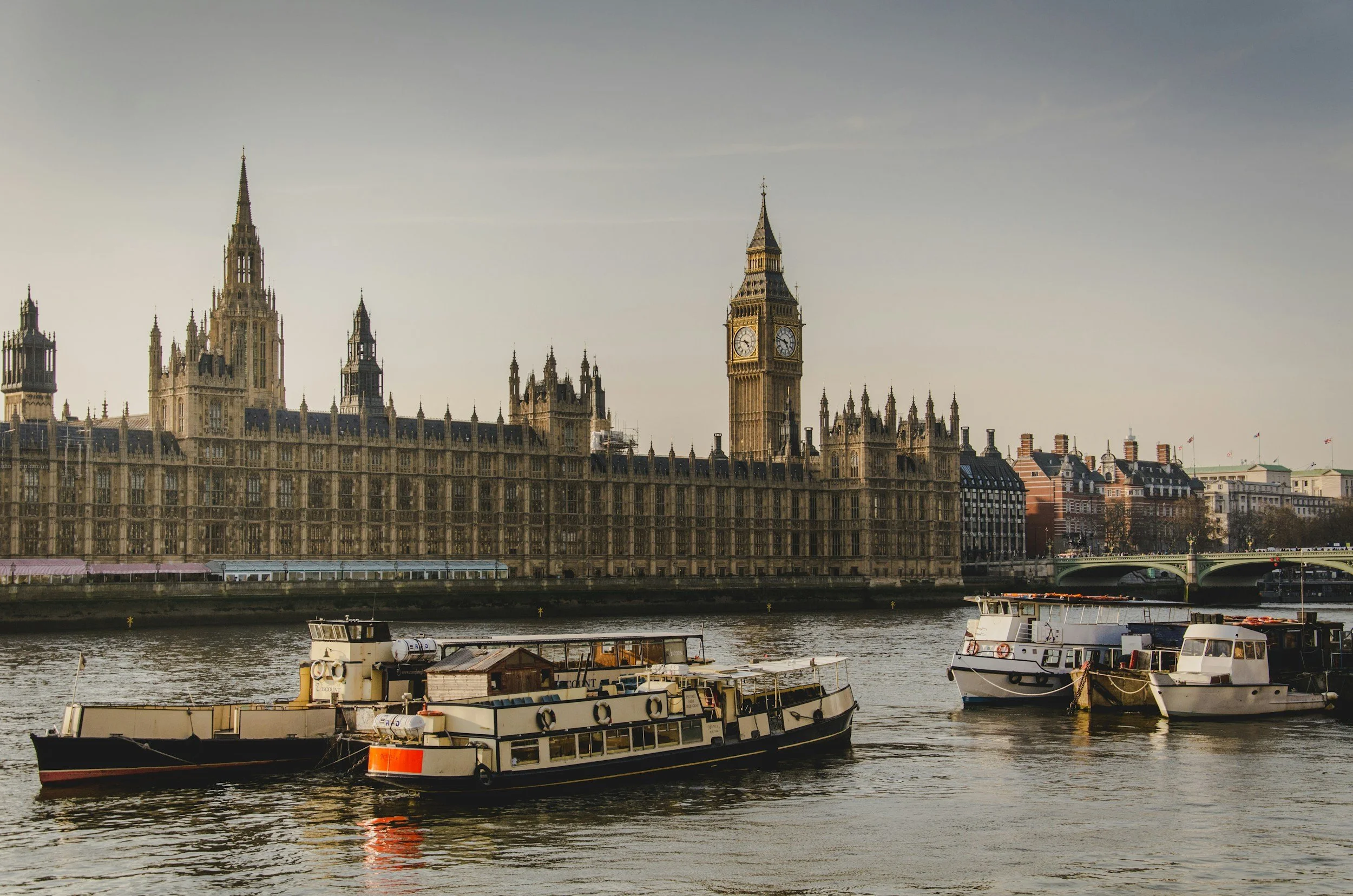UK Government Unveils Plans for Major Overhaul of Immigration System
Picture from Shane Rounce on Unsplash
London – The British government has announced its plans for the most significant changes to immigration law since Brexit, detailed in the white paper "Restoring control over the immigration system." The reforms aim to substantially reduce net migration, boost domestic demand for skilled workers, and restore public confidence in the immigration system.
The document, presented in May 2025, outlines a strategic shift designed to prioritize skilled migration and end the UK's reliance on foreign labour, particularly in low-wage sectors.
Key Points of the Proposed Reforms:
Higher Skill and Salary Thresholds: The requirements for the Skilled Worker visa will be significantly tightened. The necessary skill level will be raised to RQF 6 (equivalent to a university degree), and the salary thresholds for visa eligibility will also increase.
Closure of the Social Care Visa Route: The government plans to stop issuing visas for foreign workers in the social and care sector. A transitional period until 2028 will be implemented for care workers already in the country.
Stricter Rules for Family Members and Students: The regulations for family dependents of migrants will also be made more stringent. Furthermore, visa routes for students and graduates will be reviewed. A new English language test will be introduced for adult dependents of workers and students.
Focus on the Domestic Workforce: A central goal is to reduce the incentives for companies to rely on international recruitment and instead promote the training of the domestic workforce. A newly established "Labour Market Evidence Group" will make data-driven decisions about labour needs.
The government argues that immigration has become uncontrolled in recent years, harming public services and the housing market. The proposed measures are intended to reverse this trend and ensure that migration provides a clear benefit to the country.
Business associations have expressed concerns that the more restrictive measures could exacerbate skills shortages. Critics point out that the changes will have a significant impact on sectors that are heavily reliant on international workers.
The changes to the immigration rules do not need to be passed as new legislation by Parliament but can be introduced through a "Statement of Changes" presented to Parliament. The government has committed to providing adequate transition periods to avoid sudden disruption for employers and visa holders.
